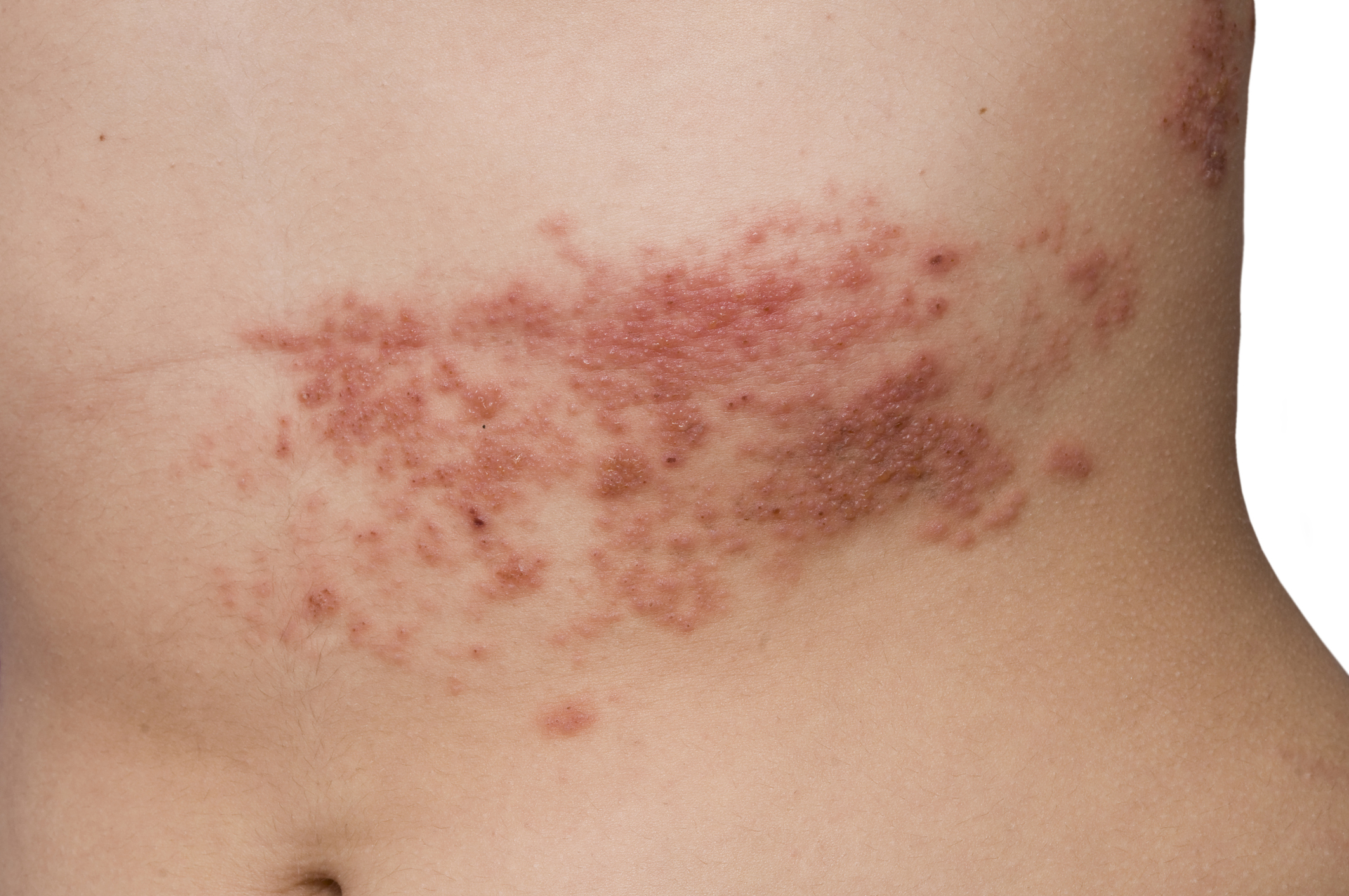WASHINGTON — It’s not uncommon to get an annoying rash this time of year, with all the bugs and poison ivy around. But if there is pain, it could be shingles.
“Shingles is a reactivation of an old latent chickenpox infection,” says Dr. Stephen Minton, an internist in Alexandria, Virginia.
In other words, the chickenpox you had as a kid, can lay dormant in your body and strike again in adulthood.
But while chickenpox and shingles are caused by the same virus, shingles can be far more serious than that once-common childhood disease.
With shingles, the nervous system is involved, and someone who gets it can be living with pain for weeks, months — or in very extreme cases — years.
In this case, the reactivated virus affects a nerve, setting off a burning or tingling pain that is usually followed within days by a rash that blisters and is very sensitive to touch.
When that rash appears, the clock starts ticking.
“All of the medications that work for shingles need to be started within 72 hours of the appearance of the rash,” Minton says.
He says these drugs will help the skin heal and ease the pain in most cases.
But for about 15 percent of patients, they offer little relief. They develop postherpetic neuralgia — the type of pain that lasts four months or more after the rash clears.
Minton is among the physicians testing new medications for these patients.
“If we can prevent that, that will make a sea change in the amount of disability that we get from shingles,” he says.
Those most likely to develop complications are the elderly, which is why a dose of the shingles vaccine is strongly recommended for people over 60, although the disease can occur any time during adulthood.
“We have patients as young as 20 present in my office with shingles,” says Minton, who strongly believes in the shingles vaccine.
It is good, but not perfect — offering 50 percent protection from the disease. However, like the seasonal flu vaccine, people who get the vaccine and then get the disease, will get a much milder case.
The Centers for Disease Control and Prevention says almost one in three Americans will develop shingles during his lifetime. About half of all cases occur in people who are 60 and older.
It won’t be a problem for most millennials and generations to follow. Thanks to the introduction of the chickenpox vaccine in 1995, most never had the disease as a child, and don’t have to worry about a latent virus turning into shingles later in life.






